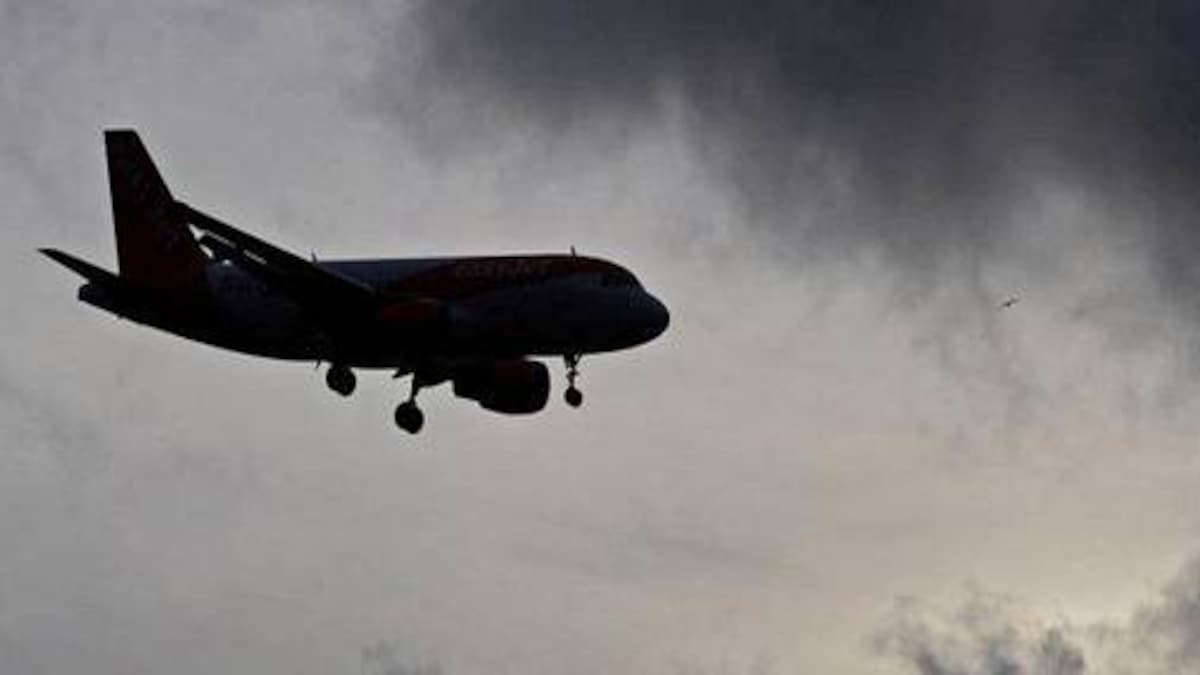IndiGo and SpiceJet can see a combined loss of $1.25-1.5 billion in 2020-21.
New Delhi: The Indian aviation sector which was growing at the rate of 15% till last year is staring at some hugely turbulent times ahead, given the lethal blow the aviation industry has been dealt with the grounding of all flights—international and domestic—in the wake of the coronavirus pandemic.
According to the Centre for Asia Pacific Aviation (CAPA) report released recently, India’s two biggest airlines, IndiGo and SpiceJet, are staring at a combined loss of USD1.25-1.5 billion across the financial year 2020-21.
The report also states that many smaller players could have to exit the market if the situation does not normalise within the next couple of months.
SpiceJet and IndiGo are the only profit-making airlines in India as of now with IndiGo roughly having Rs 600 crore as cash reserves and SpiceJet having around Rs 100 crore in their banks, but experts say that both these airlines are likely to lose their cash reserves in the coming days as the airlines keep their aircraft parked in different airports of the country.
According to aviation experts, if the situation of lockdown and grounding of flights continues till June this year, many airlines who have placed orders for new aircraft would be compelled to cancel several of their orders and many of the staff are also likely to be laid off in the coming months.
Not only this, experts believe that passenger traffic is also going to be thin in the coming days even after the airlines take to skies and airports like Mumbai and Delhi could likely consolidate their operations from a single terminal.
Harsh Vardhan, chairman, Starair Consulting, told The Sunday Guardian, “Aviation is the first sector which faces the ire of an economic collapse and it is for the first time in the aviation history that such a massive calamity has taken place and I believe that at least 50% of the world’s airlines are likely to go bankrupt in the coming months. The Indian aviation sector is also likely to face severe headwinds in the coming days.”
“In such a situation, the government would also not be able to do much apart from giving some tax concessions and some initial liquidity support in terms of working capital. It also has to be seen that the government currently has bigger commitments of social security of the people and in any case, the Indian economy has been sick for the last one year; so expecting one sick to help another sick would be unfair,” Harsh Vardhan added. It is not only the airlines, but the entire Indian aviation industry ecosystem that is likely to see a downturn in the coming months. According to the CAPA report, a cumulative loss of $3.3-3.36 billion is expected to be borne by the aviation industry, which includes losses of the airlines summing up to $1.75 billion, Airports and concessionaires are likely to lose about $1.50-1.75 billion, while ground handling is looking at losses of $80-90 million.
The IATA (International Air Transport Association) also predicts that the global aviation industry is looking at a loss of $252 billion in the coming months. According to the IATA, there has been a drop of 50% in bookings across the globe with 1.1 million cancellations, and this trend is likely to continue till June this year.
The economic downturn in the aviation sector is also likely to push back the sale of Air India by another year as no player would likely be interested in investing in an airline at this time of economic slowdown.
However, aviation experts, including the CAPA, believe that the government could provide some emergency relief to the aviation industry “once we come out of this pandemic”.
Jitender Bhargava, former Executive Director of Air India, told The Sunday Guardian, “We cannot expect the government to give out financial bailout or cash bailout to the airlines, but since the Indian airline operators are operating on wafer thin margins, it is expected that some huge blow is likely to hit the airlines in the coming days. What the government could do, like many other countries are doing, is like waiving some taxes, deferring payment of ATF charges, airport charges, deferring of sale tax to oil companies as relief measures to these airlines.” The CAPA has brought out a recommendation plan for the government in terms of support. According to CAPA, as emergency relief, the government should infuse some cash for 3-6 months for part payment of employee salaries. And for survival, the CAPA recommends that the government should provide a moratorium on outstanding payments for a period of 3-6 months for airport charges at all airports, aviation turbine fuel, GST and other tax payments and rescheduling interest and principal payments on working capital loans for 3-6 months.

